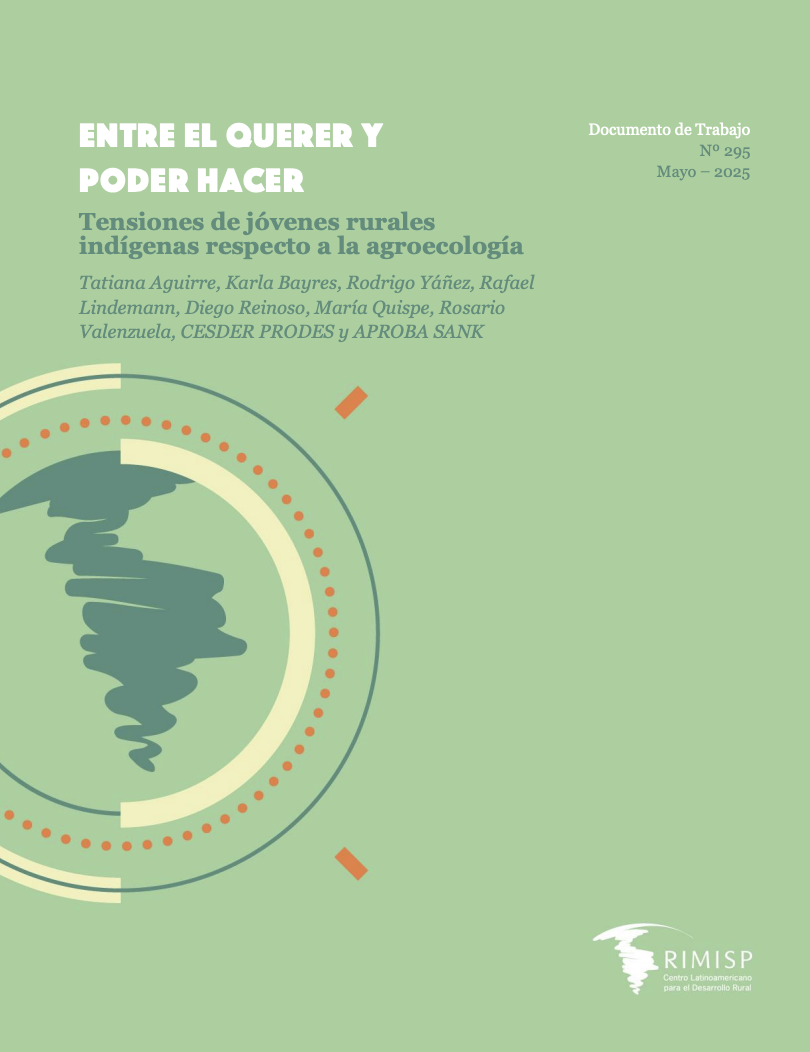Between the desire to act and the reality of achieving the objective. Tensions of indigenous rural youth regarding agroecology
Authors
Summary:
This study explores the tensions faced by rural indigenous youth in Latin America with respect to agroecology in three territories: Sierra Norte de Puebla (Mexico), Alta Verapaz (Guatemala) and Torotoro (Bolivia). The objective was to understand how these young people perceive agroecology and the barriers they face in implementing it. A qualitative methodology was employed, including participatory visual techniques (photovoice) and semi-structured interviews with 22 youth who participated in a leadership training program. Key findings revealed four critical problem areas: (1) the conflict between the desire for healthy, chemical-free agriculture and the predominant use of agrochemicals; (2) the gap between learning agroecological techniques and the lack of land or decision-making power to apply them; (3) valuing traditional food systems while increasingly consuming processed foods; and (4) skepticism about the scalability of agroecology amidst generational disenchantment with rural life. The study highlights the need for policies that address land access, youth inclusion, and innovative approaches to make agroecology viable for younger generations.
Key words: Agroecology, rural youth, territorial development.
Abstract:
This study explores the tensions faced by rural indigenous youth in Latin America regarding agroecology, focusing on three territories: Sierra Norte de Puebla (Mexico), Alta Verapaz (Guatemala), and Torotoro (Bolivia). The objective was to understand how these youth perceive agroecology and the barriers they face in implementing it. A qualitative methodology was employed, including participatory visual techniques (photovoice) and semi-structured interviews with 22 young participants engaged in a leadership training program. Key findings revealed four critical problem areas: (1) the clash between the desire for a healthy chemical-free agriculture and the prevalent use of agrochemicals; (2) the gap between learning agroecological techniques and the lack of land or decision-making power to apply them; (3) valuing traditional food systems while increasingly consuming processed foods; and (4) skepticism about agroecology’s scalability amid generational disenchantment with rural life. The study highlights the need for policies addressing land access, youth inclusion, and innovative approaches to make agroecology viable for younger generations.
Key words: Agroecology, rural youth, territorial development.

Our offices:

- Chile: Huelén 10, Providencia, Santiago, Metropolitan Region (+56-2) 2236 4557 | Fax (+56-2) 2236 4558.

- Ecuador: Czechoslovakia E9-95 between Switzerland and Moscow. Eveliza Plaza Building. First floor. Quito. (+593-2) 5150144.

- Colombia: Carrera 9 No 72-61 Office 303. Bogotá. (+57-1) 2073 850.
